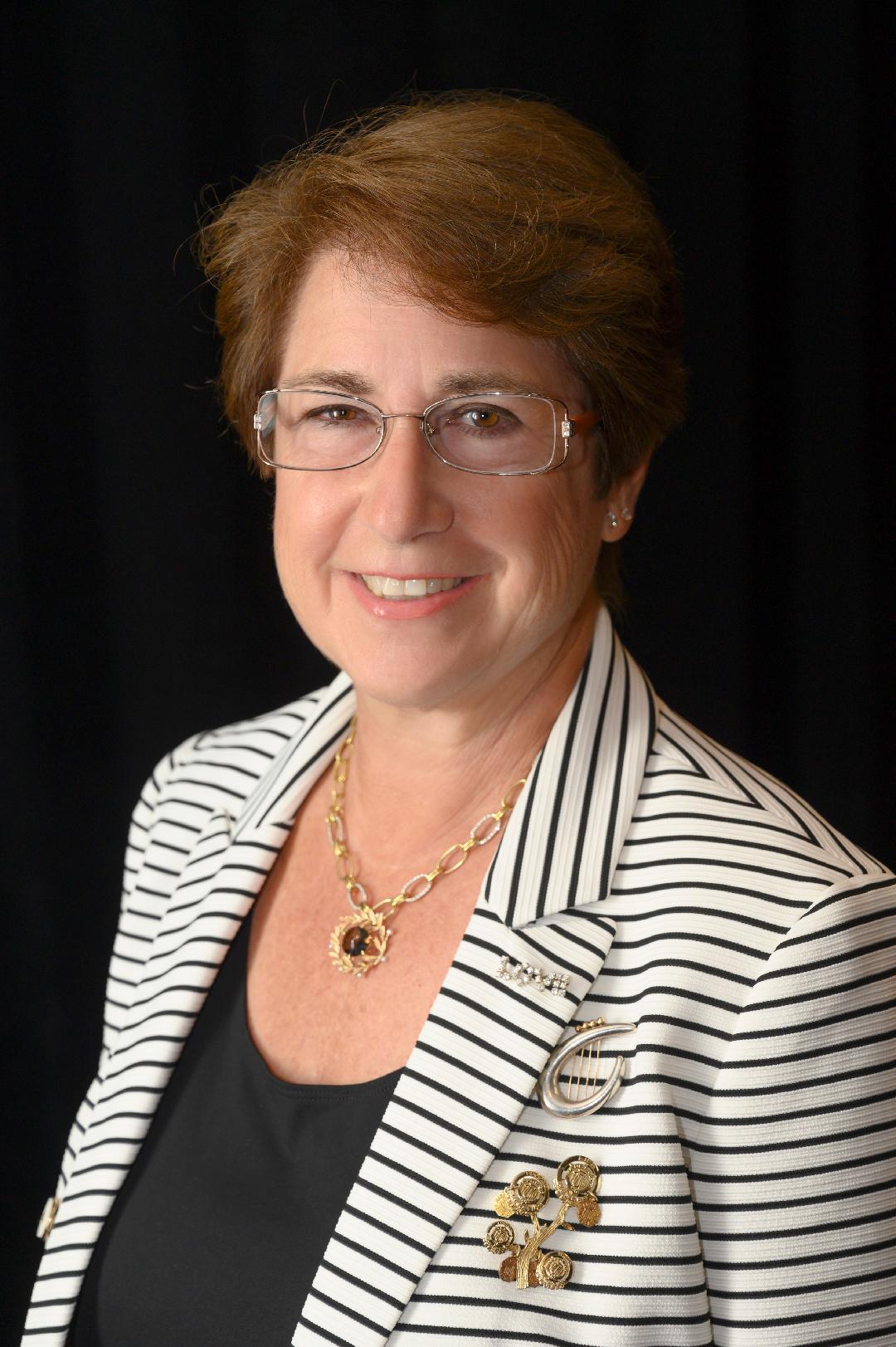You may watch the news on TV, listen to the news online, read social media for information – but you know everything that is going on here and around the world. We’ve seen tragedy, but we have also seen humanity.
With lots of time to be at home and think, maybe you have given thought to “how can I connect with other human beings with more compassion? How can I up my game to really make a difference in the lives of others or even in the life of one? How can I better understand and act accordingly?”
Sometimes, when I am thinking about the bigger issues, I go to Hillel. When he was asked to teach someone the entire Torah while standing on one foot – he replied: ““That which is hateful to you, do not do to another. That is the whole Law. The rest is commentary. Now go and learn.”
And then of course Hillel is quoted as saying: “If I am not for myself, then who will be for me? And if I am only for myself, then what am I? And if not now, when?”
These are two of my go to’s. I highly recommend them to you as a guide to compassion.
The career of my heart is Hadassah, The Women’s Zionist Organization of America, Inc. Hadassah’s mission is all about healing and helping. That’s one reason I was drawn to volunteering with her. Another reason is how Hadassah speaks out. Just last week, Hadassah issued a Racial Justice policy statement, which in part reads:
“Hadassah stands in solidarity with communities of color and with all those from Jewish and other communities denouncing instances of police brutality and all aspects of systemic racism. As an organization and as individuals, we must listen, question our own biases, and speak out against racism and bigotry in our country.”
Volunteering with an organization that expresses my values through action and words is one way I do better. You should try it.
You probably also know the expression – don’t judge a person until you “walk a mile in another man’s moccasins.”
This quote is often attributed to various Indian tribes, but it comes from a poem written by Mary T. Lathrap in 1895. The original title was Judge Softly – that title also tells the story. Here is the complete poem:
Pray, don’t find fault with the man that limps,
Or stumbles along the road.
Unless you have worn the moccasins, he wears,
Or stumbled beneath the same load.
There may be tears in his soles that hurt
Though hidden away from view.
The burden he bears placed on your back
May cause you to stumble and fall, too.
Don’t sneer at the man who is down today
Unless you have felt the same blow
That caused his fall or felt the shame
That only the fallen know.
You may be strong, but still the blows
That were his, unknown to you in the same way,
May cause you to stagger and fall, too.
Don’t be too harsh with the man that sins.
Or pelt him with words, or stone, or disdain.
Unless you are sure you have no sins of your own,
And its only wisdom and love that your heart contains.
For you know if the tempter’s voice
Should whisper as soft to you,
As it did to him when he went astray,
It might cause you to falter, too.
Just walk a mile in his moccasins
Before you abuse, criticize and accuse.
If just for one hour, you could find a way
To see through his eyes, instead of your own muse.
I believe you’d be surprised to see
That you’ve been blind and narrow minded, even unkind.
There are people on reservations and in the ghettos
Who have so little hope, and too much worry on their minds.
Brother, there but for the grace of God go you and me.
Just for a moment, slip into his mind and traditions
And see the world through his spirit and eyes
Before you cast a stone or falsely judge his conditions.
Remember to walk a mile in his moccasins
And remember the lessons of humanity taught to you by your elders.
We will be known forever by the tracks we leave
In other people’s lives, our kindnesses and generosity.
Take the time to walk a mile in his moccasins.
So, it’s basically very simple:
If you don’t like it, don’t do it to someone else.
Don’t be for yourself only.
Try on those moccasins – the walk can make all the difference.
Take care and stay safe.


